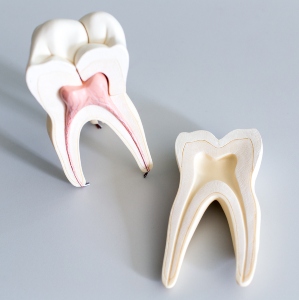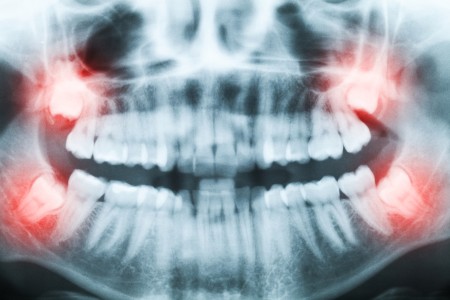About McGrath Dental
Dedicated to Patient Focused Care:
We are passionate about providing you with excellent dental care for a lifetime, in an environment where you are listened to and understood.
Our patient’s play a key role in any decisions made about their dental care and are always kept up to date with the latest treatment options available.
Driven by Our Values:
- Outstanding care – We are committed to providing you with the ultimate patient care experience.
- Understanding – We listen, we treat all patients as we would like to be treated ourselves.
- Ethics – We pride ourselves on our commitment to ethical and conscientious dental care where the wellbeing of our patients is paramount.
- Equipment – We use the latest technology, only the very finest quality dental materials and superlative tested dental laboratories.
Dental Services
Dentist Wyndham Vale
General & Cosmetic Dentistry for the Whole Family
At McGrath Dental, our experienced team offer a wide range of dental services for children, adults and seniors.
General & Cosmetic Dentistry
Children’s Dental
Preventive Dental
Emergency Dental
Appointments
What happens during your appointment
The friendly team at McGrath Dental will welcome you upon arrival.
If this is your first appointment, we’ll kindly ask you to fill out a medical and dental history form. This will help our team understand your history prior to commencing any dental treatment.
Your dentist will take time to :
- Understand your previous dental history
- Discuss your current concerns
- Asses the current condition of your teeth and gums.
In most cases your dentist may simply recommend a scale and clean to remove tatar build-up and a fluoride treatment to help prevent dental decay.
Your dentist will then discuss the condition of your teeth and gums with you. If you require additional treatment, your dentist will carefully explain your treatment options and ensure you have all the information required to make a decision about further treatment, including a treatment plan and any related appointments and fees.
At the end of your appointment we’ll take you back to reception to fix up your account, health fund claiming and booking of additional appointments if necessary.
You will be cared for as an individual and experience personalised, comprehensive care, of the highest quality in a supportive environment.
Every appointment
You can always expect exceptional patient care and comfort combined with professional, state-of-the-art dental services.
Free parking on-site available for patients.
Payment Solutions
Payment Plan Options
Dental problems can often have a significant impact on your everyday life, and can come up when you least expect them.
To help you receive the treatment you need without delay, McGrath Dental has partnered with National Dental Plan and My Smile Plan to make the highest quality dental treatment more affordable for you.
Some of the benefits:
- Up to $9,000 in treatment
- Have all your dental treatment NOW and spread the cost in easy payments
- Simple application process
- No interest ever
Call our friendly team to discuss further questions and options.
- Spread the cost over time
- Fast approval
- Easy payments
- Low establishment fee
Contact Us
Dentist Wyndham Vale
If you have any questions, please contact us:
Dr Cesar Flacco – Head Dentist
Over 20 years of dental experience
McGrath Dental
262 McGrath Road, Wyndham Vale, Melbourne, VIC, 3024
(03) 9132 5077
(03) 9132 5078
Free parking available on-site for patients
Member of the Australian Dental Association.
Member of the World Dental Association.
If you have any questions please do not hesitate to email us:
Opening Hours
Monday: 9:00am to 5:00pm
Tuesday: 9:00am to 5:00pm
Wednesday: 9:00am to 5:00pm
Thursday: 9:00am to 5:00pm
Friday: 9:00am to 1:00pm
Saturday: Closed
Sunday & Public Holidays: Closed
Dentist Wyndham Vale
Our Dentists see patients for dental appointments from all over Melbourne, including: Wyndham Vale, Wyndham, Werribee, Werribee South, Hoppers Crossing, Manor Lakes, Manor, Cocoroc, Point Cook, Seabrook, Altona Meadows, Altona, Altona North, Laverton, Seaholme, Laverton North, Brooklyn, Caroline Springs , Derrimut, Little River, Mambourin, Melton, Plumpton, Quandong, Rockbank, Tarneit, Truganina, Williams Landing and Mount Cottrell.


















